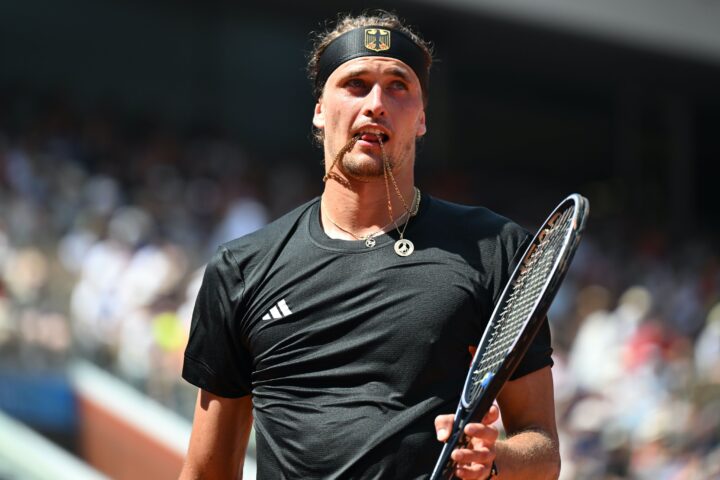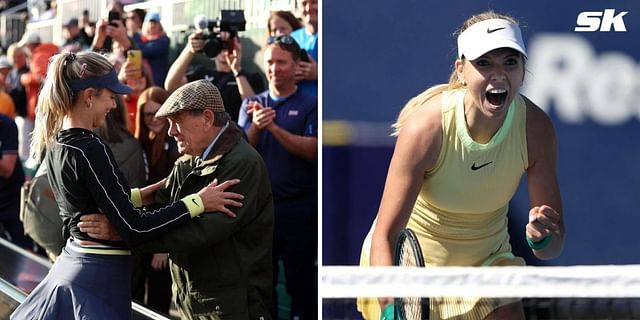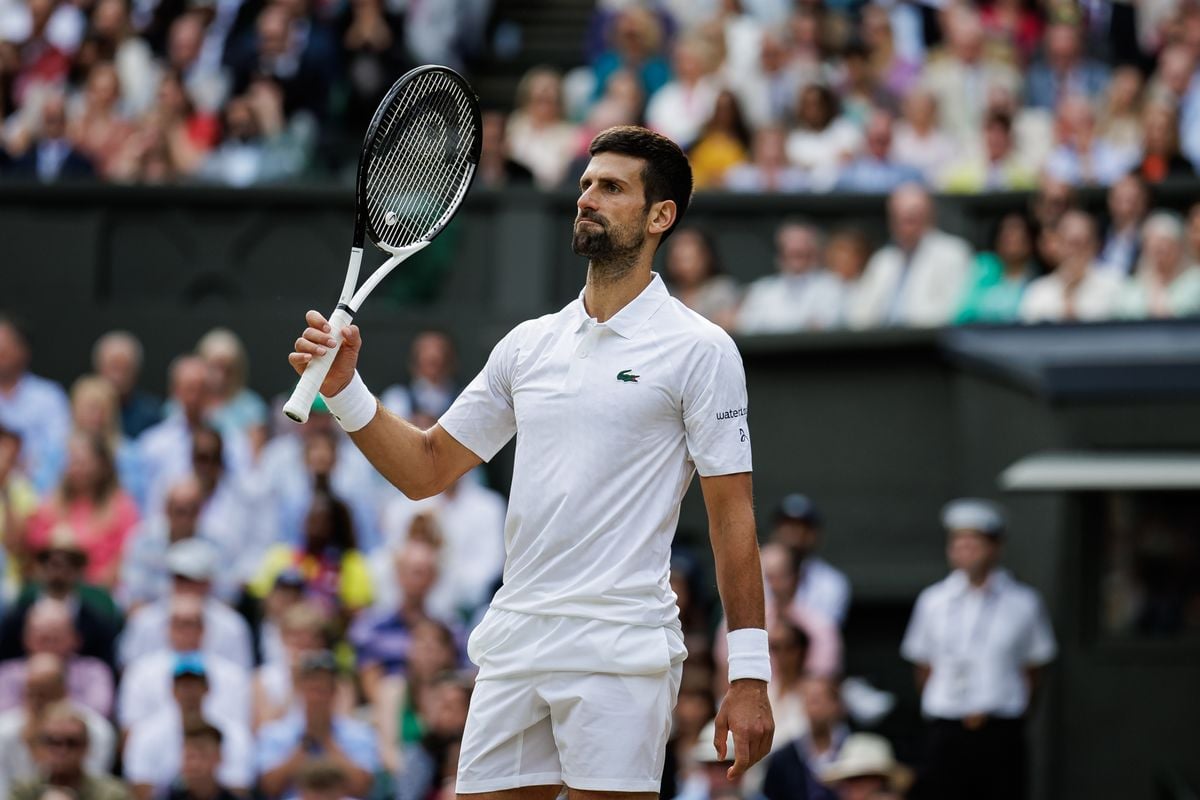In a recent outburst that has sent ripples through the tennis community, German tennis star Alexander Zverev has vehemently criticized the scheduling of the Olympic tennis events. The 27-year-old player, known for his intense performances on the court, has voiced his frustration over what he perceives as unfair and poorly planned timings that disrupt the competitive balance and athletes’ preparations.
Zverev’s criticism comes in the wake of a challenging period for Olympic athletes, as the scheduling of events has been a point of contention for several sports. Zverev, who competed in the Tokyo 2020 Olympics, expressed his dissatisfaction with how the current schedule has impacted players, particularly in terms of recovery and preparation time between matches.
His comments reflect a broader concern within the athletic community about the logistical challenges posed by the Olympic calendar.
According to Zverev, the schedule for the Olympic tennis tournament is not only cumbersome but also detrimental to players performance. He highlighted that the tight schedule between matches does not allow athletes adequate time to rest and recover, which is crucial for peak performance.

This sentiment was echoed by several of his peers, who have also struggled with the compressed timeline.In a press conference held in Berlin, Zverev didn’t mince words as he described the Olympic scheduling as a mess and inconsiderate of athletes needs. He elaborated that such scheduling issues not only affect players physical condition but also their mental focus.
We train for years to compete at the highest level, and when you’re not given a fair chance to recover, it feels like the whole effort is undermined, Zverev said.
The criticism from Zverev has sparked a debate about the International Olympic Committee’s (IOC) approach to scheduling and the broader implications for athletes across various sports. Many argue that the IOC needs to take a more athlete-centric approach to ensure fair play and optimal conditions for competitors. The issue has gained traction among sports commentators and analysts, who are calling for a review of the current scheduling practices.On the other hand, the IOC has defended its scheduling decisions by citing the need to accommodate a wide array of sports and ensure that the Games can fit within the overall Olympic framework. They argue that the constraints are a result of complex logistical challenges and the need to balance multiple factors, including television broadcasting schedules and venue availability.
The backlash from Zverev and other athletes is likely to intensify calls for reform within the Olympic movement. As the debate unfolds, it remains to be seen how the IOC will respond to the concerns raised by prominent athletes and whether changes will be implemented to address the scheduling issues. For now, Zverev’s outspoken stance has brought significant attention to the issue, highlighting the need for ongoing dialogue between athletes, organizers, and stakeholders in the Olympic community.



